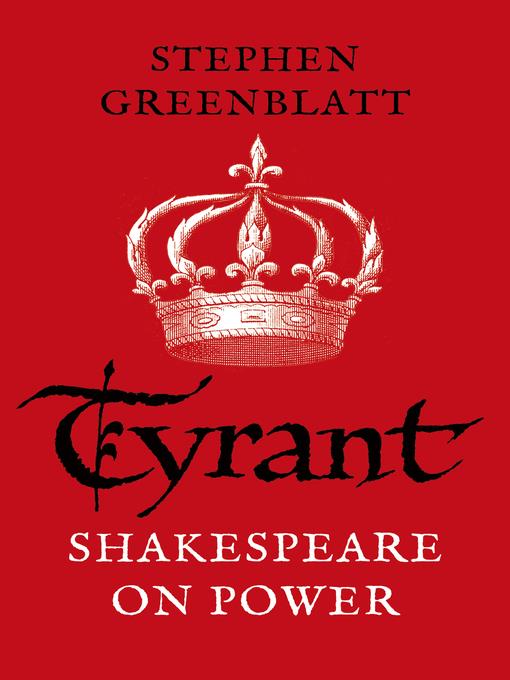
Tyrant
Shakespeare On Power
کتاب های مرتبط
- اطلاعات
- نقد و بررسی
- دیدگاه کاربران
نقد و بررسی

February 12, 2018
Greenblatt (The Rise and Fall of Adam and Eve), a Harvard humanities professor, offers a canny parallel to contemporary political concerns in this survey of tyrannical figures in Shakespeare’s works. Using the protagonists of Coriolanus, King Lear, Macbeth, and the Wars of the Roses plays, among others, Greenblatt convincingly and bracingly explores the circumstances that allow for the rise of autocratic rulers. His quotations furnish vivid examples of how bullying and intimidation stifle opposition—Richard III declares “I’ll make a corpse of him that disobeys”—and of how public figures can get away with brazen lies—a rebel leader in Henry VI, Part 2 claims an aristocratic mother, though in truth “she was a midwife.” Nor does he ignore the role of sex as a motivator for tyrants and the role of women in defying autocrats, using as respective examples the self-loathing, misogynistic Richard III’s declaration that he was not “made to court an amorous looking glass” and Cordelia’s refusal to flatter her father at the start of Lear. Though Greenblatt names no names from current events, the reader can fill in the blanks with any number of contemporary politicians. The chapters on Richard III are perhaps the most visceral and immediate, but the entire book is full of insight, both for lovers of literature and for students of history and politics.

























دیدگاه کاربران